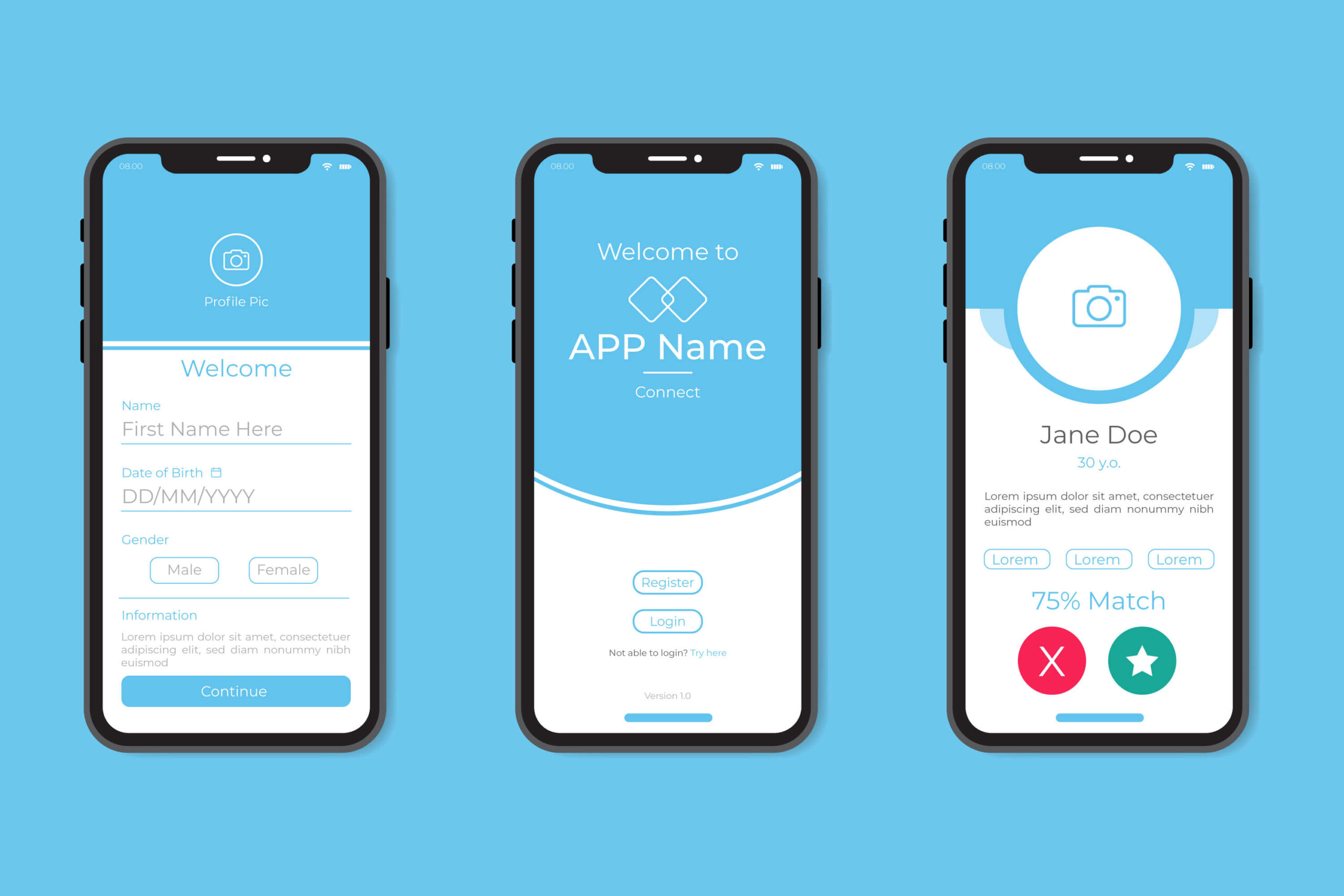-

How Much it ll cost to build an app like
- Cost to develop an Uber Tow Truck App
- Cost to develop a Pest Control App
- Cost To Develop a Handyman App Like Uber
- Cost To Develop a Doctor Appointment Booking App
- Cost To Develop An App Like MoodBites
- Cost To Develop An App Like SkipTheDishes
- Cost To Develop An App Like Q Chat
- Cost To Develop An App Like TickTick
- Cost To Develop An App Like ContractBook
- Cost To Develop An App Like Utter
-

How Much it ll cost to build an app like
- Cost to develop a Video Editing Mobile App like Magisto
- Cost to develop a Live Video Streaming App like Twitch
- Cost to develop an app like Home Workout- No equipment
- Cost to develop a Sports News app like theScore
- Cost to develop an Application like Reddit
- Cost to develop a Sports News app like theScore
- Cost to develop an E-learning platform like Udemy
- Cost to develop an On Demand Doctor App like Heal App

Tips for Designing User-Friendly Mobile Apps
In today’s mobile-first world, designing a user-friendly mobile app is no longer optional – it’s essential. With millions of apps vying for attention on app stores, an intuitive and user-friendly experience is what separates the forgotten downloads from the long-lasting favorites.
So, how do you craft a mobile app that users adore? Here are some key design tips to keep in mind:
1. Simplicity is King
Mobile screens are precious real estate. Avoid cluttering the interface with excessive elements. Prioritize core functionalities, use clear labels and icons, and ensure a clean, minimalist design aesthetic.

2. Embrace Consistenc
Consistency breeds familiarity. Maintain consistent UI elements like fonts, colors, and button styles throughout the app. This creates a sense of order and makes navigation a breeze for users.
3. Keep it Thumb-Friendly
Remember, users interact with their phones primarily using their thumbs. Design your app’s layout with this in mind. Place key buttons and functionalities within easy reach of the thumbs, avoiding awkward stretches or one-handed maneuvers.

4. Prioritize User Flow
Think of user flow as the journey your users take within the app. Make completing tasks intuitive by streamlining the process. Every action should be clear and logically follow the next.
5. Optimize for Performance
There’s nothing more frustrating than a slow, lagging app. Ensure smooth performance by optimizing loading times and transitions. A responsive app that reacts quickly to user input builds trust and keeps users engaged.

6. Leverage Platform-Specific Features
Take advantage of built-in features offered by iOS or Android. Utilize familiar gestures like swiping and tapping to enhance the user experience and make the app feel native to the platform.
7. Don’t Forget Accessibility
A user-friendly app caters to everyone. Incorporate features like adjustable text size, color contrast options, and alternative text descriptions for images to ensure inclusivity.

8. Integrate User Feedback
The best way to improve your app is to listen to your users! Implement in-app surveys or feedback mechanisms to gather user insights and identify areas for improvement.
9. Keep it Fresh (But Not Confusing)
While consistency is important, don’t be afraid to introduce occasional updates. New features can keep users engaged, but avoid drastic interface changes that might disorient them.
10. Test, Refine, and Repeat
Usability testing is vital. Before launching your app, conduct tests with real users to identify any pain points or areas of confusion. Use their feedback to refine the design and ensure a truly user-friendly experience.
By following these tips, you can design a mobile app that is not only functional but also a joy to use. Remember, a user-friendly experience is the key to building a loyal user base and ensuring your mobile app thrives in the competitive marketplace.

Author
Our Partners




WhatsApp us


